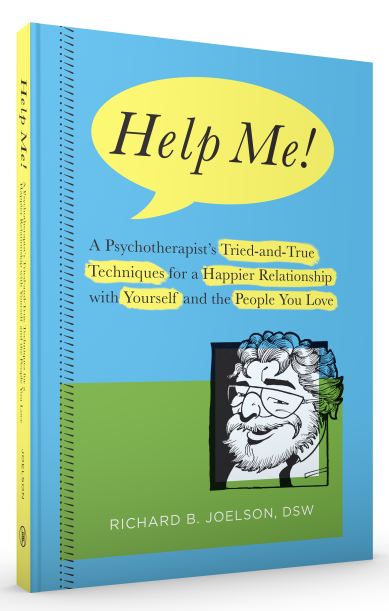Figuring that I could save a great deal of time and work, I asked the instructor of the course I took if I might have a copy of his course outline to use for my own class. I said to him, “I think it would be better if I used your course outline.” His reply was, “no, it wouldn’t be better; it would be easier.” Somewhat embarrassed by what felt like a mild rebuke from a respected former professor and soon-to-be senior colleague, I thought long and hard about what he had said. Since that exchange, I have put many choices and decisions to the “easier or better” test to determine which one I might be using to guide my judgment.
One client recently provided an excellent example in which she used ‘better’ to replace ‘easier’ in a rather important way. She was having an especially difficult time maintaining her six year sobriety. Her walk home from her AA meeting each week took her past the neighborhood liquor store where she occasionally stopped to “browse at the specials in the window”. When asked to reflect on this behavior, she joined me in wondering about the obvious risk factors of this route home, but said it was much more convenient to walk that way (‘easier’) since the alternative route was considerably longer (but ‘better’). Fortunately, ‘better’ eventually won out over ‘easier.’
Another client entered therapy with a rather complex presenting problem. He was scheduled to marry in six weeks, but had become convinced that the marriage was a “disaster in the making” since he was clearly not in love with his fiancé. He had agreed to marry her under pressure given the length of their courtship and because “it seemed like the right thing to do”. He asked me for advice about what to do, since he was planning to proceed because it was “easier” than suffering the chaos and turmoil of “dropping this bomb” so close to the event. My advice was that we spend some time together sorting this out with the expectation that by doing so, he would not need any one else’s advice but his own. He, too, ‘passed’ the “easier or better” test, realizing that this was a bomb that had to be dropped now.
A third client presented another ‘easier v. better’ issue in a recent treatment session. Believing she was entitled to a raise after four years with no pay increase, she contemplated how to approach her boss and quickly concluded that she would forget about doing this. Not asking would be easier than being turned down which she feared would be the result. The discussion about what would be better for her led to a decision to ask for the raise in salary and either celebrate a positive outcome (something she had never contemplated!) or use a negative outcome as an opportunity to strengthen her ability to deal with disappointment and adversity, rather than “protect” herself by avoiding conflict altogether, as she had done throughout her life.
If you think about it, chances are you will recognize examples in your own life where the differentiation between easier and better may help you with an important decision or judgment. The two are often confused; or, not even considered, especially given our complex, busy lives and our wish to accomplish things as quickly and as effortlessly as possible.
